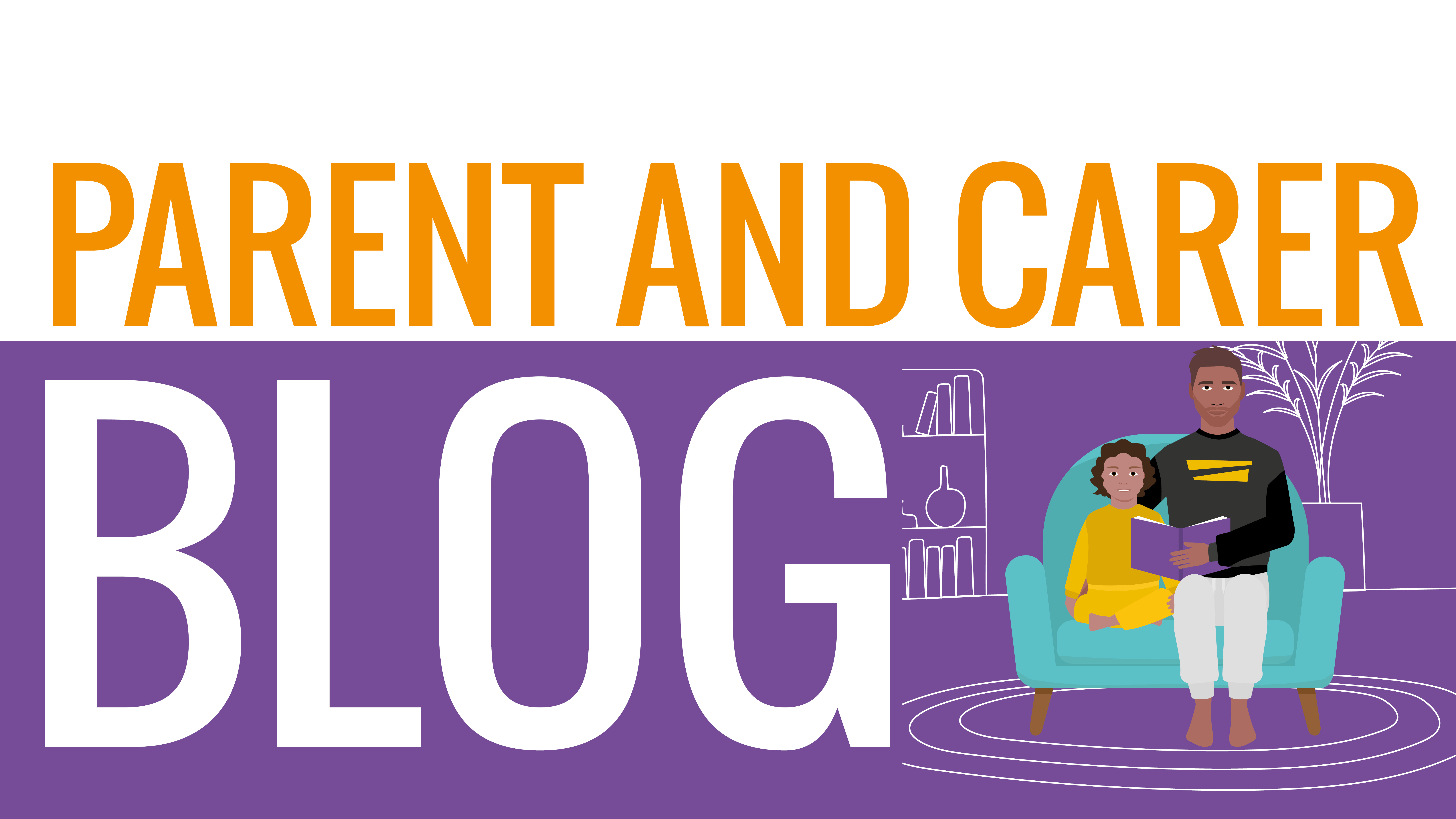Parent’s Blog: Emotion Coaching and Children’s Behaviour

Sometimes my child kicks off spectacularly and it can leave me unsure what to do. Needing to leave the house by a specific time is always a bit of a flash point, especially if we are going somewhere they don’t really want to go. Starting to prepare to leave can trigger all sorts of avoidance behaviour: lying in the middle of the trampoline, unreachable and unengaging – that kind of thing. The thing is, when as a parent you go through this repeatedly it can actually trigger fear and negative expectations for you before you even try to start leaving the house. I have to be honest and say that for me and my child, this can escalate in different ways: nagging and cajoling – but this increases irritation and fear in my child; begging and bribing – but this increases everyone’s expectation of negative behaviour/experience; setting excessive boundaries and being too inflexible myself in the hope it funnels my child towards “being good”. None of it worked, all of it caused more stress and desperation for both of us. But when you are facing this every day, like when your child is struggling with emotion based school avoidance and the school is putting pressure on you about attendance and it feels like it is all your responsibility, in fact, all your fault, it can be very lonely and desperate.
The change came for us when I learned about Emotion Coaching – a communication/relationship approach which enables us to lean in with empathy and support our children to regulate their emotions first and their behaviour next. It also really requires us to listen to and acknowledge our own emotions first, name them to tame them and take a minute to regulate our own response so that we are able to tune in to our children’s emotion and respond to them and help them to regulate this. I learned about how my emotions would trigger my child’s emotions like a mirror and vice versa and how what I was probably doing before was adding my emotion to the situation rather than helping them to manage their emotion. What I would say is that it is not a quick fix and I don’t get it right all of the time but I do know that when I use this approach I coach my child to identify, label and accept their emotional experiences, I help them to regulate and manage their emotions and their behaviour just follows – I need to focus so much less on behaviour because I am tuned in to and responding to their emotion. I also firmly believe the research that says that by using this method with my child I am helping them learn how to manage their own emotions in the future.
If I am honest, my child’s emotions sometimes scared me, they have such big feelings, the emotion coaching course taught me that I could accept my child’s big emotions and help them to accept them too and not be scared of those feelings – feelings are natural. I learned that some of my own childhood experiences have influenced how I feel about feelings and knowing and acknowledging that we find some feelings more tricky than others has really helped me to learn how to manage them better and not to get so overwhelmed. There is also something important in acknowledging what we find hard and being kind and compassionate to ourselves, we are not robots, we are affected by our experiences and our relationships and that is ok. Self-awareness is so key to being our best; self-acceptance is central to accepting others and we need to show empathy, kindness and compassion to ourselves and our children.
The 0-19 service offer Emotion Coaching groups and you can contact the 0-19 Administration Hub via live chat to find out more about this.
Or you can take a look at some of our video resources which go through our emotional coaching courses.
Emotion Coaching 1 – Why it matters and what parents can do
Emotion Coaching 2 – The 4 Steps
